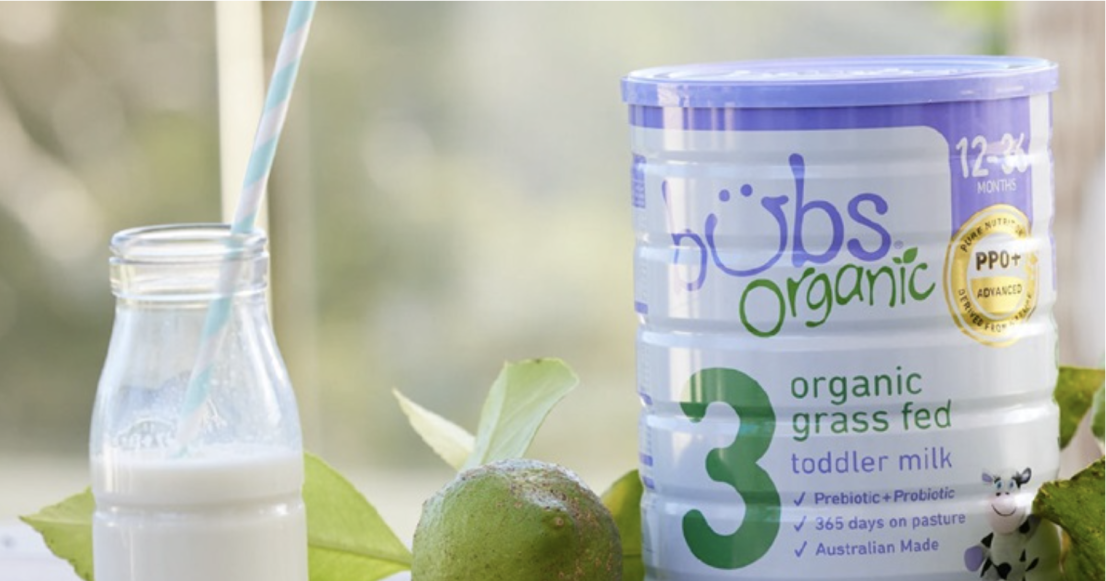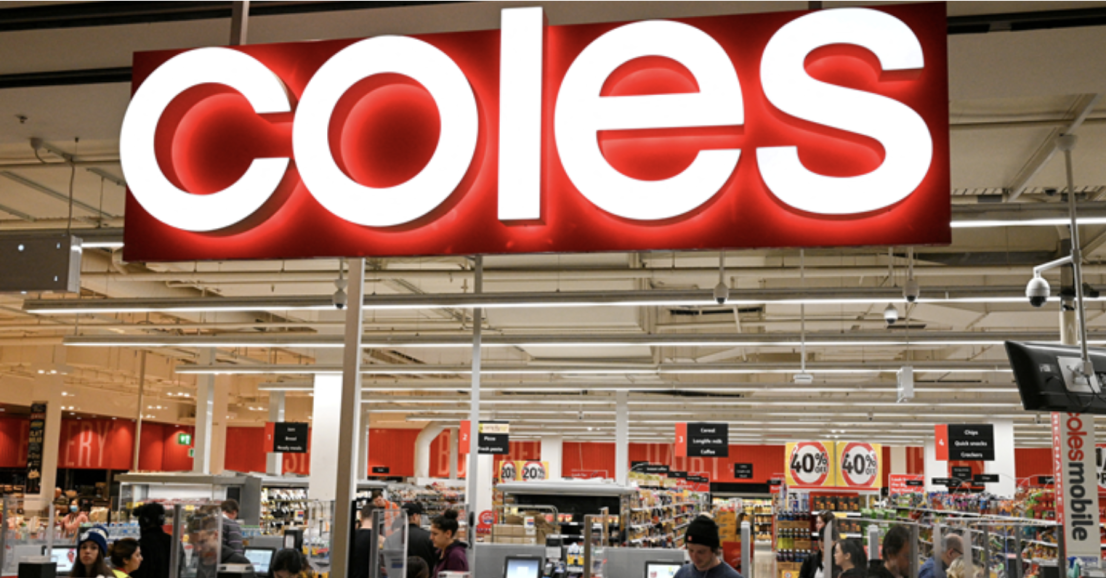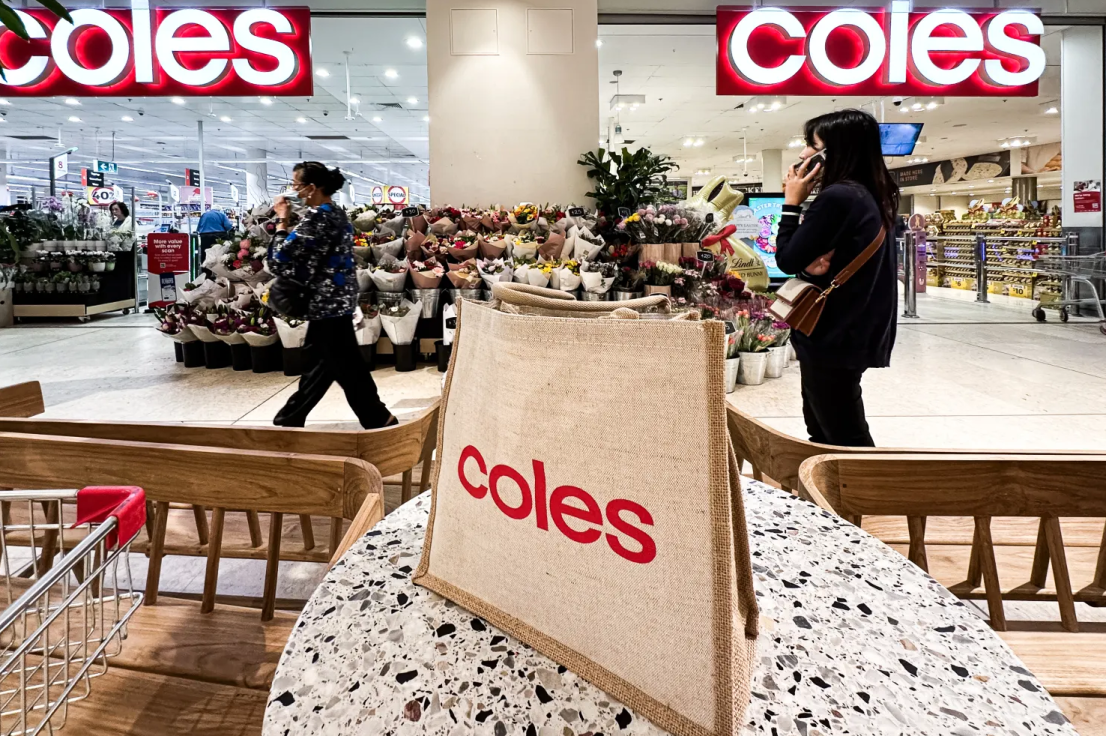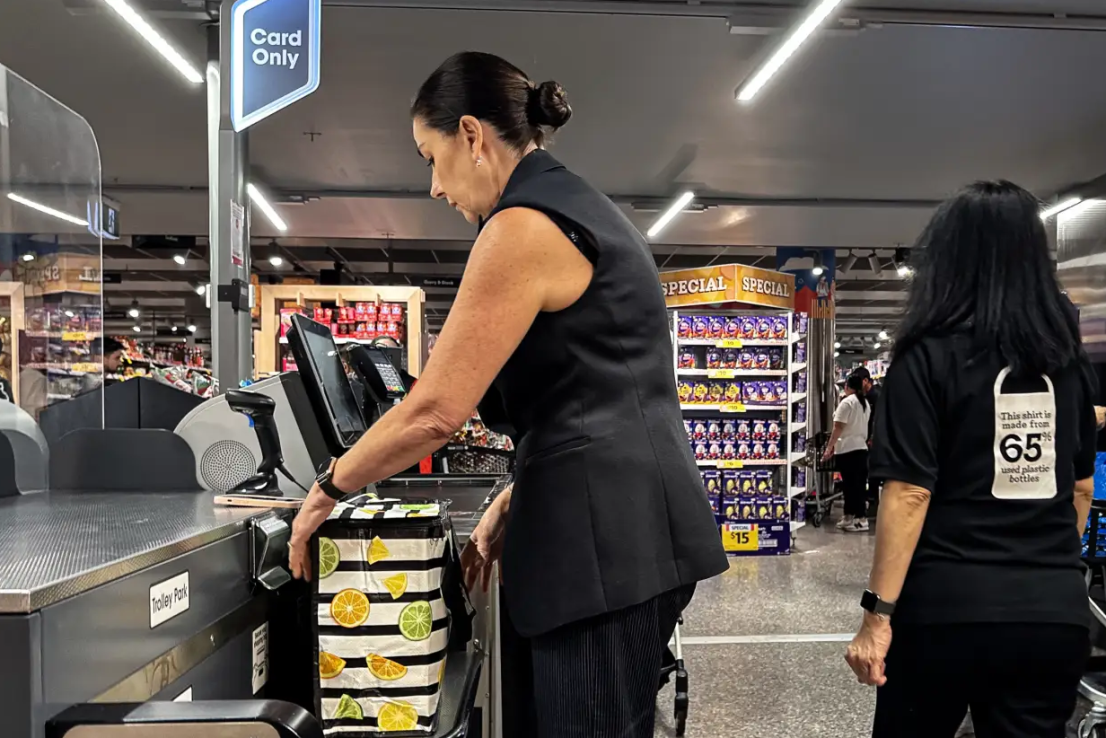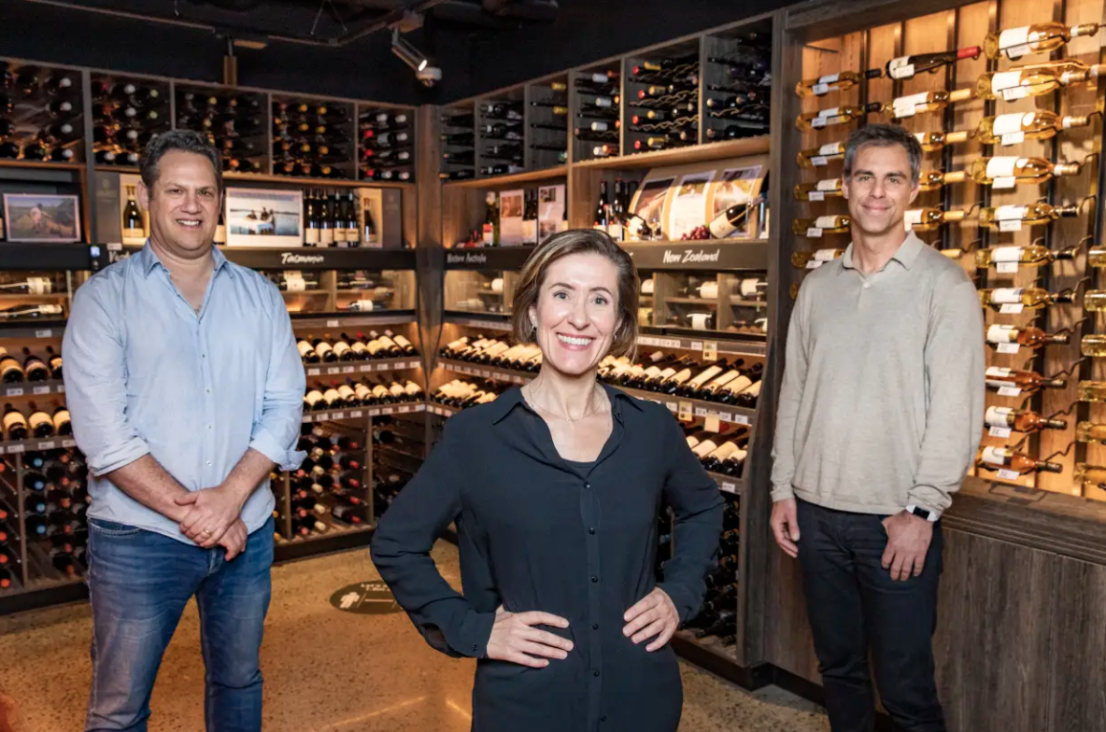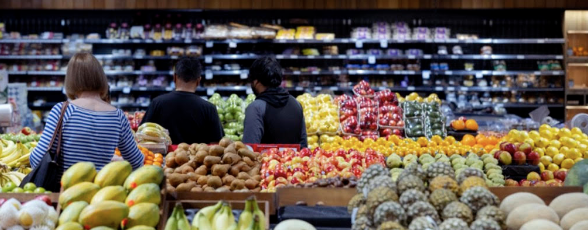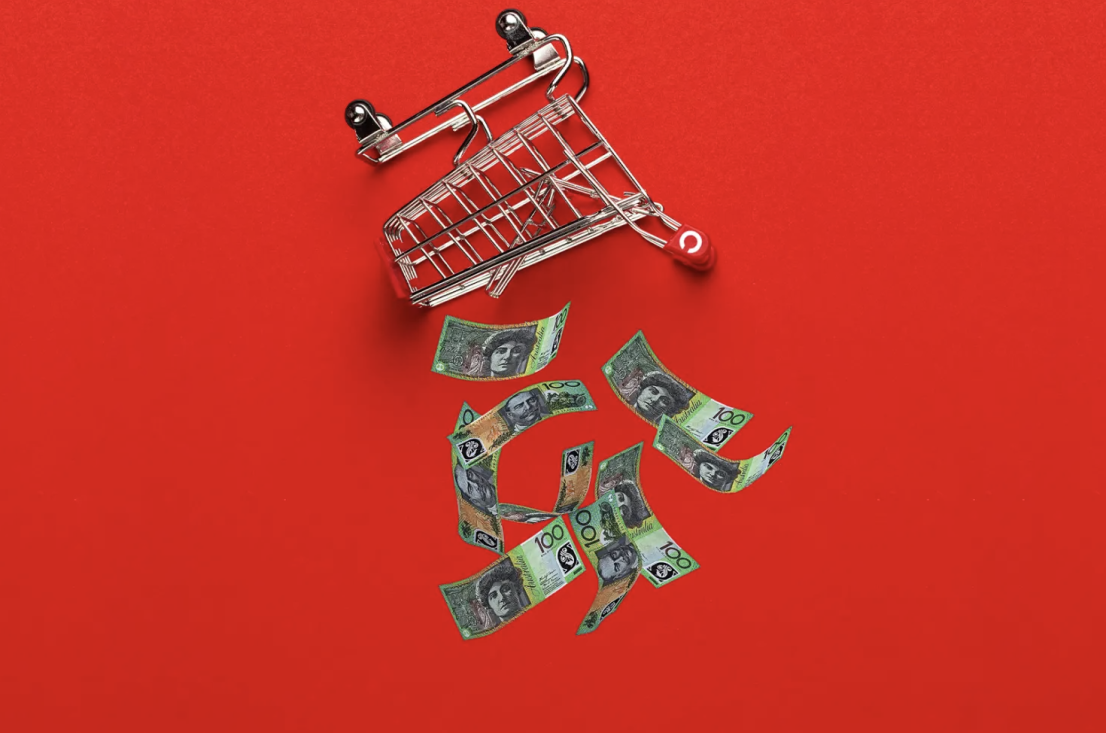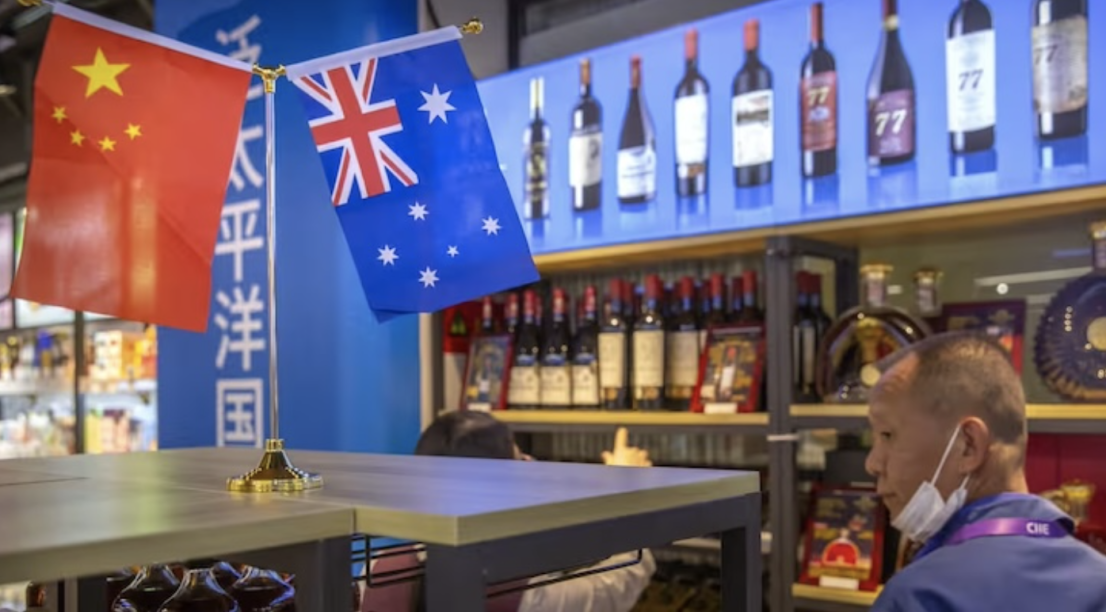
China’s Ministry of Commerce has finally ended its tariffs on Australian wine, which had been imposed for more than three years at rates as high as 218.4 per cent.
The measures have had a catastrophic impact on Australia’s wine exports.
In 2019, Australia sold $1.24 billion worth of wine to China, surpassing France to capture a market share close to 40 per cent. But by last year, this had collapsed to less than $1 million.
Dreams to diversify to new markets in the interim mostly fizzled. Last year, US imports of Australian wine actually fell by about 20 per cent, the UK held flat, and sales to India remain trivial. A stubborn wine glut has plagued Australian producers as a result.
The removal of tariffs has stirred industry hopes for some relief. But while we’ve been away, things have changed in the Chinese wine market, and challenges lie ahead.
Since we’ve been gone
The departure of Australian wine from the Chinese market created a gap that was quickly filled by other suppliers.
France has since regained first place with a market share of 49 per cent, followed by Chile at 17 per cent.
But the size of China’s imported wine market has also more than halved over this period, falling from $3.3 billion in 2019 to $1.5 billion last year.
On re-entry, Australian wine producers are set to face stiff competition in a significantly smaller market.
A couple of factors may be on our side. One will be a return to the preferential tariff rate that was negotiated for Australian wine under the China–Australia Free Trade Agreement.
This tariff had been reduced to zero for Australian wine, in contrast to a generic tariff of 14 per cent applicable to many other foreign suppliers.
Secondly, the fact that China’s market for imported wine has shrunk doesn’t mean it will stay that way forever. Back between 2014 and 2019, wine imports to China grew by $1.25 billion, and Australian producers met nearly 70 per cent of this increase.
The hope for Australian growers is that brand loyalty among Chinese consumers and savvy marketing will be enough to restore Australia’s share of a once again growing pie.
Major Australian producers like Treasury Wine Estates have maintained sizeable staff headcounts in China, expecting the Chinese market to return to prominence in their business.
Lessons for Australia – could it happen again?
Crushing tariffs on Australian wine may be gone for now, but that doesn’t mean our producers are safe forever. Given China’s track record of using retaliatory anti-dumping measures, it would be wise for Australian exporters to stay alert, particularly if Australia’s own anti-dumping action continues to target China.
However, two key factors could encourage Beijing to maintain this decision longer term.
1. A need to maintain credibility
China has a vested interest in maintaining credibility at the World Trade Organization (WTO), because it uses the organisation to settle its own disputes.
In March, Canberra committed to implementing an adverse decision in a case brought by China involving wind towers, stainless steel sinks and railway wheels.
Conversely, Australia used the WTO to challenge Chinese tariffs on barley and wine. Although both cases took almost three years, they imposed pressure on China and arguably accelerated the removal of these tariffs.
In contrast, Beijing has ignored decisions against it in cases brought by the US. This does not risk Beijing’s reputation in the same way, because Washington has repeatedly done the same in cases brought by China and other WTO members.
To maintain the WTO’s effectiveness, Australia and China have a shared interest in restoring its appellate mechanism, the Appellate Body. The US has blocked the appointment of new judges to this body since 2019, paralysing its ability to uphold, modify or reverse findings of WTO panels.
2. It was always diplomacy in the first place, hardly protectionism
Some commentators have suggested that protecting Chinese producers was an important consideration behind Beijing’s decision to first impose the tariffs, and that the country’s local industry lobby groups were well-placed to campaign to keep them in place.
Yet, despite more than three years of tariffs on imported Australian wine, the proportion of domestic production in China’s total wine supply still fell – from 61 per cent in 2020 to 55 per cent in 2022.
The risk of a return to tariffs for protectionist purposes shouldn’t be overstated, as the most plausible explanation of the disruption in 2020 was always Australia’s sharply deteriorating political relationship with China.
It was not surprising that the removal of the tariffs coincided with both sides now agreeing, in the words of Chinese Foreign Minister Wang Yi when in Canberra recently, to “manage and rise above” their differences.
Australia’s relationship with China may be warming, but further development will require sustained commitments by both sides to cooperate in areas of common interest and manage disagreements constructively based on mutual respect and engagement.
It’s hard to imagine the removal of duties will see the Chinese market soon delivering the same fortunes to Australian winemakers it did prior to 2020. But it will provide some much-needed relief.
It also offers broader lessons for Australia and is another data point confirming a positive trajectory in the overall bilateral relationship.




